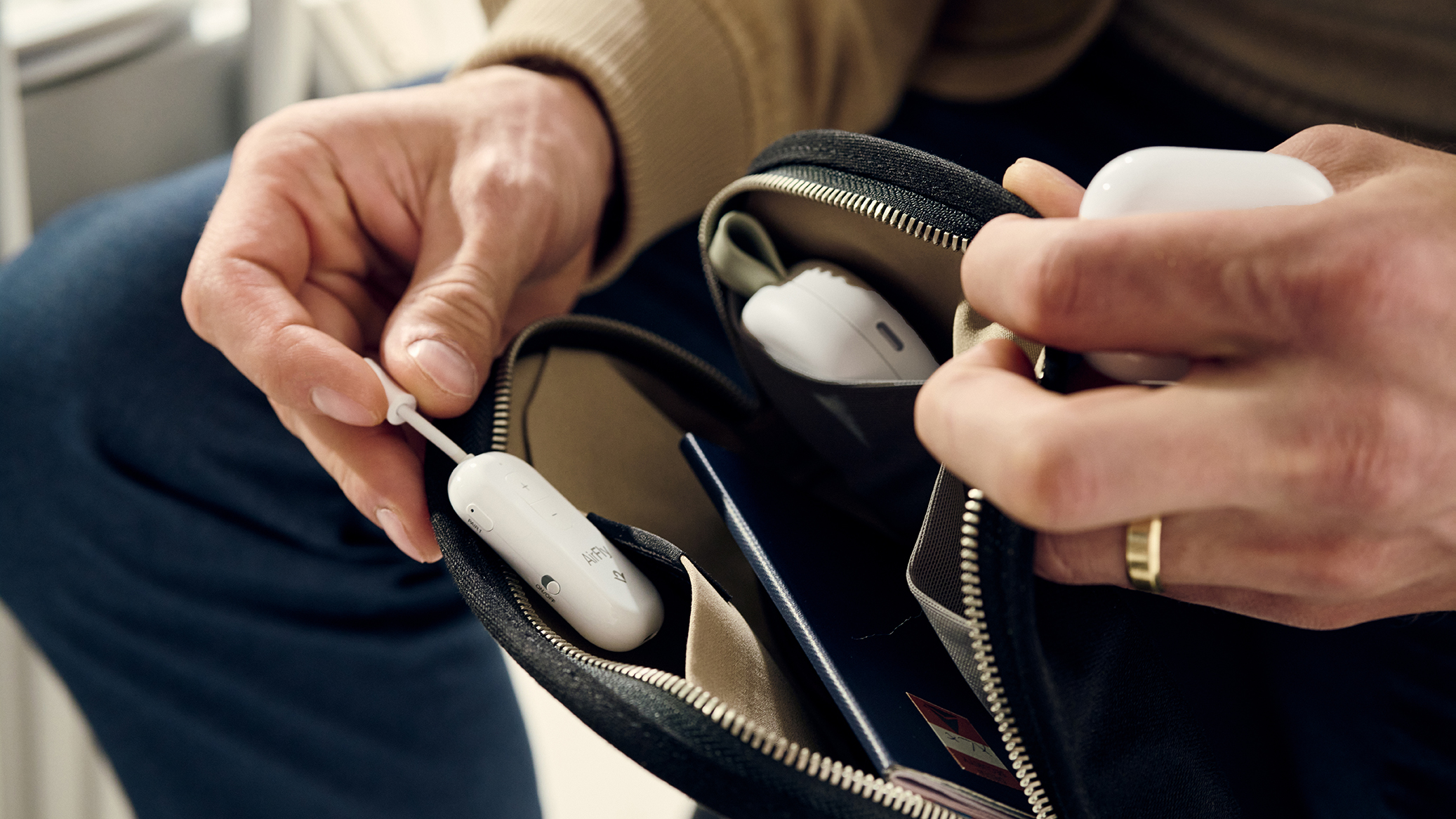

The battle against COVID-19 is raging on as researchers look into the many facets involved in prevention, detection, treatment, and vaccines for the virus. One of the avenues being explored is utilising fitness trackers and smart watches to see if the data from wearables can detect illnesses like COVID-19 and the flu before they present symptoms.
• BREAKING! Fitbit reveals brand-new Fitbit Sense and Fitbit Versa 3 smartwatches
Fitbit joined the fight earlier this year when it announced that it would be conducting its own study via the Fitbit app for users in the US and Canada; the early findings are in, and it's promising news!
Following May's initial announcement, 100,000 Fitbit users took part in the study, and over the subsequent two months, 1,000 positive COVID-19 cases were reported. The early findings – which have been submitted for publication in a peer-reviewed journal – suggest that the wearable can detect nearly 50% of cases one day before users reported symptoms, with 70% specificity.
• Fitbit Sense vs Fitbit Versa 3: what’s the difference between Fitbit’s fresh smartwatches?
As the blog post points out, this is important with a virus like COVID-19 so that those infected can self-isolate and get the appropriate treatment rather than unknowingly spreading it during this stage.
Interestingly, the metrics tracked (breathing rate, resting heart rate, and heart rate variability) offered the best quality data at night, when participants were asleep and the body is at rest.
Sign up to the T3 newsletter for smarter living straight to your inbox
Get all the latest news, reviews, deals and buying guides on gorgeous tech, home and active products from the T3 experts
• Fitbit Charge 4’s best feature coming to older Fitbit Versa and Fitbit Charge models for FREE
Early physiological signs of disease detected by the Fitbit include elevated resting heart and breathing rate, as well as a decrease in heart rate variability (HRV), which means the beat-to-beat variation in the pulse is more consistent. In some cases, these indicators were present almost a week before the participants reported symptoms.
- PS5 video shows minimalist PlayStation 5 game menu design
- Xbox Series X UI reveal shows off next-gen feature gamers are desperate for
Additional data offered insight into the link between certain symptoms and the severity of the cases, and are in line with what other researchers and health officials are discovering; for example, being older, being male, or having a high BMI can increase the chances of "severe outcomes" from the virus.
Shortness of breath and vomiting are symptoms most likely to result in a case so severe that hospitalisation is required, whereas a sore throat and stomachache are unlikely to require something as extreme. Fatigue was the most common symptom, which presented in 72% of the participants who had the virus.
Fitbit's next step is to work with research partners to "validate the technology" before reaching out to the necessary regulators to figure out the best way to package this for consumers.
Source: FierceBiotech
Shabana worked at T3.com as News Editor covering tech and gaming, and has been writing about video games for almost a decade (and playing them since forever). She's had bylines at major gaming sites during her freelance career before settling down here at T3, and has podcasts, streaming, and video content under her belt to boot. Outside of work, she also plays video games and should really think about expanding her hobbies. If you have any tech or gaming tips, shoot over an email or DM her on social media.
-
 Three exercises to 'life-proof' your shoulders, according to a mobility expert
Three exercises to 'life-proof' your shoulders, according to a mobility expertHealthy shoulders mean better movement, more strength and less injury
By Bryony Firth-Bernard
-
 The 7 luxury travel items I won't leave home without – and why you shouldn't either
The 7 luxury travel items I won't leave home without – and why you shouldn't eitherI've flown for many hundreds of hours – and know these luxury travel items will improve your journey
By Mike Lowe